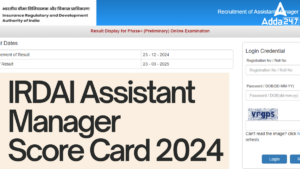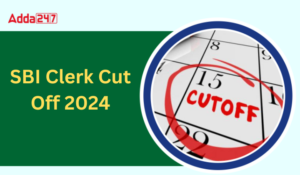Dear Readers,
Goods and Service Tax (GST) has been in News since early 2017. The GST Bill is already passed in so many states including Madhya Pradesh, Uttarakhand, Arunachal Pradesh etc. The GST Council has also recently finalised the tax rates on Goods and Services. So it becomes to know about it as the probability of coming questions on this topic in exam becomes higher. So here are the concise notes on GST that will provide you with the relevant information on the GST.
A Brief on GST
GST is one indirect tax for the whole nation, which will make India one unified common market. GST is a single tax on the supply of goods and services, right from the manufacturer to the consumer. Credits of input taxes paid at each stage will be available in the subsequent stage of value addition, which makes GST essentially a tax only on value addition at each stage. The final consumer will thus bear only the GST charged by the last dealer in the supply chain, with set-off benefits at all the previous stages.
It will be a national sales tax that will be levied on either consumption of goods or use of services. It will replace 16 current levies -seven central taxes like excise duty and service tax and nine state taxes like VAT and entertainment tax, this will lead to one market with one tax rate. France was the first country to implement the GST in 1954.
GST Council finalises the tax rates on Goods & Services under the 4-slab structure
GST Council finalised tax rates on goods and services under the four-slab structure with essential items of daily use being kept in the lowest bracket of 5 percent. The Council was headed by Finance Minister Arun Jaitley and comprising representatives of all states in the meeting that was held in J&K. GST will be applicable from 1st July 2017.
Tax Rates finalised under GST
According to GST slabs, seven per cent of the items fall under the exempt list while 14 per cent have been put in the lowest tax bracket of 5 per cent. Another 17 per cent items are in 12 per cent tax bracket, 43 per cent in 18 per cent tax slab and only 19 per cent of goods fall in the top tax bracket of 28 per cent.
No GST Slab
Foodgrains, milk and other articles of daily use have been exempted from taxation under the GST regime.The items are: foodgrains, gur, milk, eggs, curd, lassi, unpacked paneer, natural honey, fresh vegetables, fruits, atta, besan, maida, vegetable oil, Prasad, common salt, contraceptive, bread, bindi, vermillion, stamp, judicial documents, printed books, bangles and handloom products.
5 PER CENT GST SLAB
The items that are used daily but are not considered articles of basic necessity are taxed at 5 per cent under the GST regime. The items are: sugar, tea, coffee, edible oil, coal, skimmed milk powder, milk food for babies, condensed milk, packed paneer, newsprint, umbrella, PDS kerosene, LPG, broom, fish fillet, cream, frozen vegetables, spices, pizza bread, juice, sabudana, coal, medicines, stent and lifeboat.
12 PER CENT SLAB
The items that are not essential but used by a large number of households and people will attract 12 per cent GST. The items are butter, ghee, mobile phones, cashew, almonds, sausages, fruit juices, packed coconut water, agarbatti, frozen meat products, animal fat, mixtures, ayurvedic medicines, tooth powder, colour books and sewing machine.
18 PER CENT SLAB
The articles are considered to be used by middle-class people will attract 18 per cent GST from July 1. The items are: hair oil, soap, toothpaste, capital goods, industrial intermediaries, pasta, corn flakes, jams, soups, ice-cream, toilet paper, facial tissues, iron and steel, fountain pen, mineral water, camera, speaker, icecream, envelops and instant food items.
28 PER CENT SLAB
Such items, which are considered as luxury goods or health hazards will attract 28 per cent GST. The articles are consumer durables, cars, cement, chewing gum, custard powder, pan masala, perfume, shampoo, make-up items, fireworks, motorcycles, paint, deodorant, shaving cream, hair dye, washing machine, vending machines, vacuum cleaner, hair clippers and dishwasher.




 The Hindu Review October 2022: Download ...
The Hindu Review October 2022: Download ...
 IRDAI Assistant Manager Score Card 2024 ...
IRDAI Assistant Manager Score Card 2024 ...
 SBI Clerk Cut Off 2024, Check Previous Y...
SBI Clerk Cut Off 2024, Check Previous Y...




